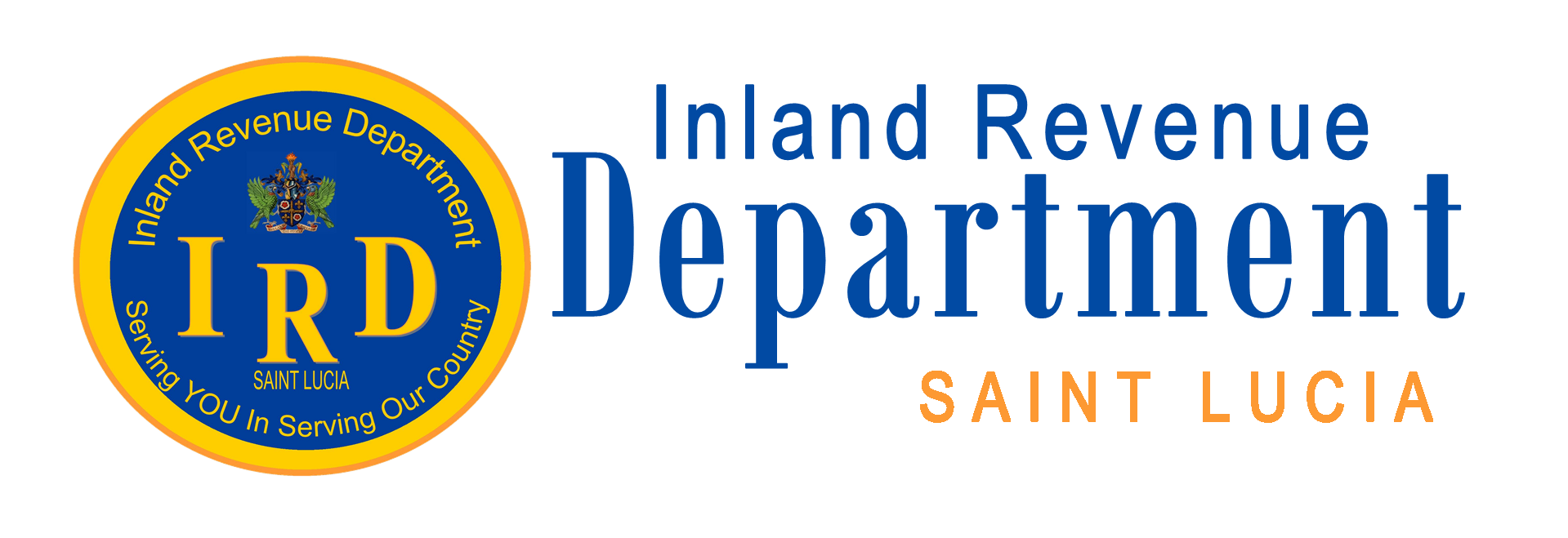Who must pay tax?
Every person paying emoluments, whether on his own account or on behalf of any other person herein referred to as an employer, must take deductions from such payments.
What is subject to tax deduction?
Pay is the employee’s earnings for the pay period, including the value of free board and lodging or any other perquisite including house allowance and entertainment, bonus, commission, overtime, director’s fee or any other benefits including any taxes paid by the employer on the employee’s behalf or allowances LESS any sum deducted by the employer in respect of contributions paid by the employee to an approved pension fund or scheme.
Doubtful cases should be referred to the Inland Revenue Department.
The following should be treated as pay for taxation purposes:
- Benefits under the Workmen’s Compensation act.
- Payments of or contributions by the employer towards expenses that were actually incurred by the employee in performing the duties of his employment
- Any salary, fees or share of profits which can be taken into account in computing the gains or profits from a trade, profession or vocation.
If any employer is doubtful whether a particular payment should be treated as pay for tax deduction purposes, he should contact the Inland Revenue Department.
What payments are credited to an employee's account?
Crediting pay to an employee’s bank account constitutes “Payment” in the same way as payment in cash and tax should be deducted accordingly. The same positions applies if the amount is credited to an account with the employer on which the employee is free to draw or is applied in reduction of a debt due to him to the employer, unless the debt arises from a payment in advance or on account of remuneration from which tax was deducted.
In certain circumstances, pay may be credited to an employee in some special way which makes it doubtful whether the “Pay” has actually been “Paid”. When there is any such doubt the matter should be referred to the Inland Revenue Department
Who is required to file a declaration?
Every Employee is required to file a declaration on TD Form A4-1 certifying the amount of allowances claimed. In the event an employee has not obtained a code number from the Inland Revenue Department use the personal allowances plus medical of 400.
E.g. Income year 2017 personal allowance – 18,000. Tax code = (17,000 + 400) = 18,400
Use 184M for Monthly, 184F for Fortnightly or 184W for Weekly.
What amount should be deducted and when should the deduction be made?
- For persons just joining your organization
- If the person starts in January use the whole year calculation screen
- If the person starts during the year use the other than whole year calculation.
- If the person can provide you with total salary, NIC and tax deduction from previous employer for the same income year then use the change in salary screen.
- For persons who change their tax code or receive a change in salary without a bonus, or gratuity or retroactive pay. Use the salary change and tax code screen.
- For persons receiving a bonus, gratuity or retroactive pay use the retroactive pay screen.
- For Non resident Use the Non resident screen.
Note: NIC should not be deducted from the current salary when entering it in the program. E.g. if employee salary is 2500 then enter the full amount and the system will calculate the NIC deduction.
What about accounting for amounts deducted?
Tax deductions withheld from employees are trust funds in the hands of the employer until remitted to the Comptroller, the amount deducted in one month must be forwarded to the Comptroller of Inland Revenue on or before the fifteenth of the following month. The appropriate remittance form must be used for this purpose.
An employer failing to remit by the due date is liable for the amount deducted plus a penalty of 10% of the amount deducted and interest of 1% per month above the prevailing market rate of interest.
On making any payment of emoluments to an employee whose emoluments tax is deducted, the employer, unless exempted by the Comptroller, must furnish each employee with the particulars of the payment including particulars of the gross emoluments for the pay period and the amount of tax deducted thereof. Any exemption granted by the Comptroller may at any time be revoked. Every employer must keep, to the satisfaction of the comptroller, a record of the emoluments paid to and the tax deducted from each employee.
What happens if the employee has left?
If you permanently cease to employ an employee or on the death of an employee, you should complete the form P45 in triplicate. Give the original copy to the employee (or if deceased, to his personal representative or next of kin) or post it to him or them not later than the day when the last payment of emoluments was made and send two carbon copies to the Comptroller. When making payment to any next of kin or personal representative tax should be deducted as if such employee had been alive at the time of payment.
What about annual return of emoluments paid?
Form copy numbers 1 and 2 of the TD5 (white and blue copies), which are rouletted, should be given to each individual employee not later than 31st January of each year. No.3 is to be sent to the Comptroller no later than 31st January of each year; and No.4 is for the employer. Where P45 has been used for cessation (See note 8) do not include on TD5 the employees who have left.
What if the employee has died?
If an employer dies anything which he would have been liable to do under the Income Tax Act shall be done by his personal representative or, in the case of an employer who paid emoluments on behalf of another person, by the person succeeding him, or, if no person succeeds him the person on whose behalf he paid the emoluments.
What if there is a succession?
The change is not treated as a cessation of an employment but the new employers are liable to do everything that the previous employers would have been liable to do. The employers after the change will not be liable for payment of any tax which was deductible from emoluments paid to the employee before the change took place.
What if there is a cessation?
When an employer ceases to carry on business he must pay over to the Comptroller all tax that was deducted and has not been paid over, within fifteen days of the day on which the last payment of emoluments was made, and complete Form TD5. He shall give Part1 and 2 to the employee or post it to him not later than the last day when the last emoluments were paid and sent within fifteen days, Part 3 to the comptroller.
When should tax not be deducted?
- The employee performs his duties wholly outside St. Lucia, or,
- The employment is outside of St. Lucia and the emoluments are paid outside St. Lucia, or,
- The Comptroller by public notice or in any other manner directs that tax should not be deducted unless the Comptroller directs that tax should not be deducted.
Doubtful cases should be referred to the Inland Revenue Department
How should I take deal with casual or seasonal employment?
Specific arrangements for tax deductions may be necessary with employers in respect of certain types of employments including casual and seasonal employments, where it is found that tax deductions may be impracticable or would cause undue hardship. A specific notice in writing will be given by the Comptroller.
What do I need to do for employment on the gang or squad system?
Where wage earners are employed on the gang or squad system the responsibility for the correct deduction of tax rests with the employer, i.e. the employer of the gang leader. The employer should ascertain from the gang leader what wages are due to each employee so that:
- He (the employer) can deduct the correct tax
- Deliver to each employee in January a certificate of wage and tax deducted, and
- Send two copies to the comptroller
Where there is any doubt the matter should be referred to the Inland Revenue Department.
If the gang leader is not an employee, then the gang leader is the employer, and he is responsible for: the correct deduction of tax; the accounting each month to the revenue; and, for supplying the required certificates. It would assist the Inland Revenue Department if the names of such gang leaders were reported so that they may receive the appropriate forms.
What do I do if errors are discovered during the year?
Errors discovered during the year in respect of an earlier week or month should be reported at once to the Inland Revenue Department which will give any instructions necessary.
What is the penalty for failing to comply?
Any employer who wilfully fails to deduct in accordance with the Income Tax Act or any direction given hereunder by the Comptroller shall be liable on conviction to a fine of one thousand dollars or to imprisonment


